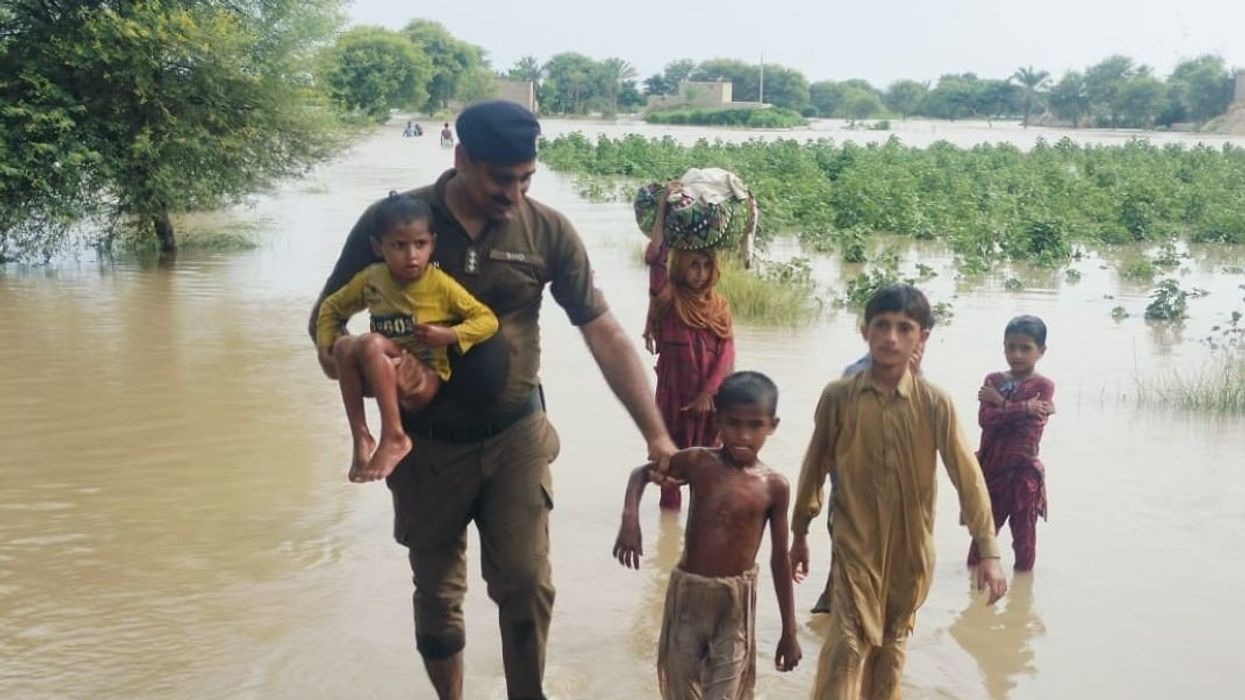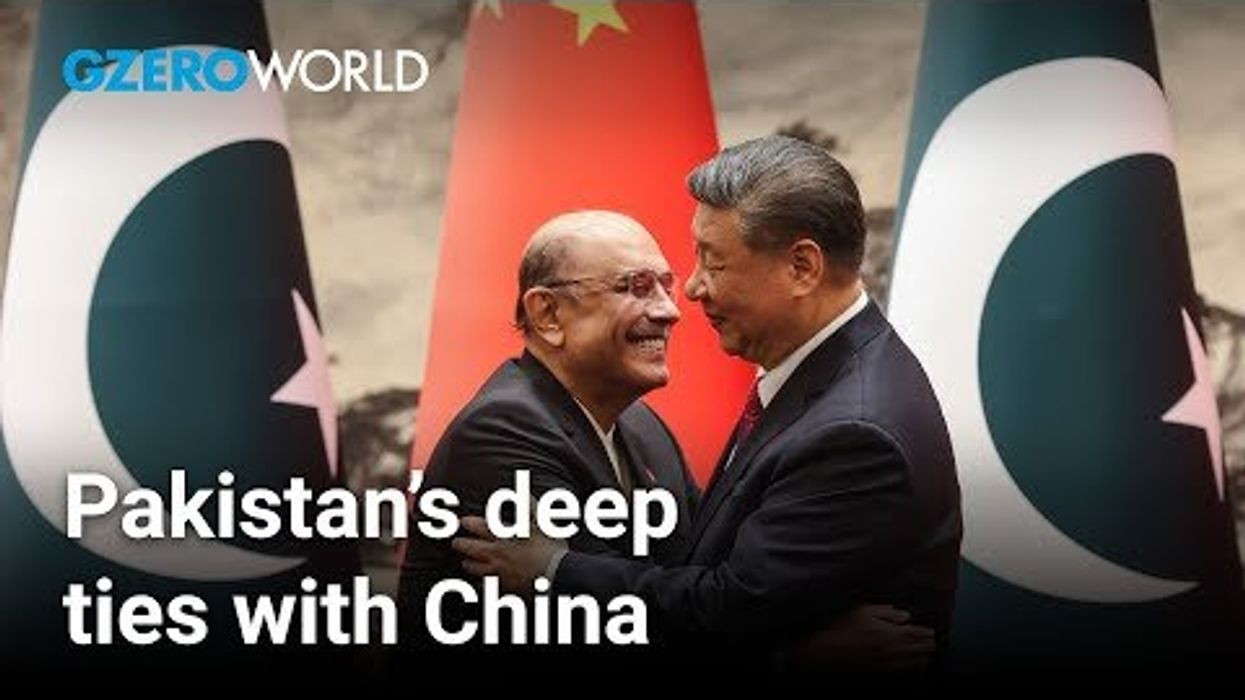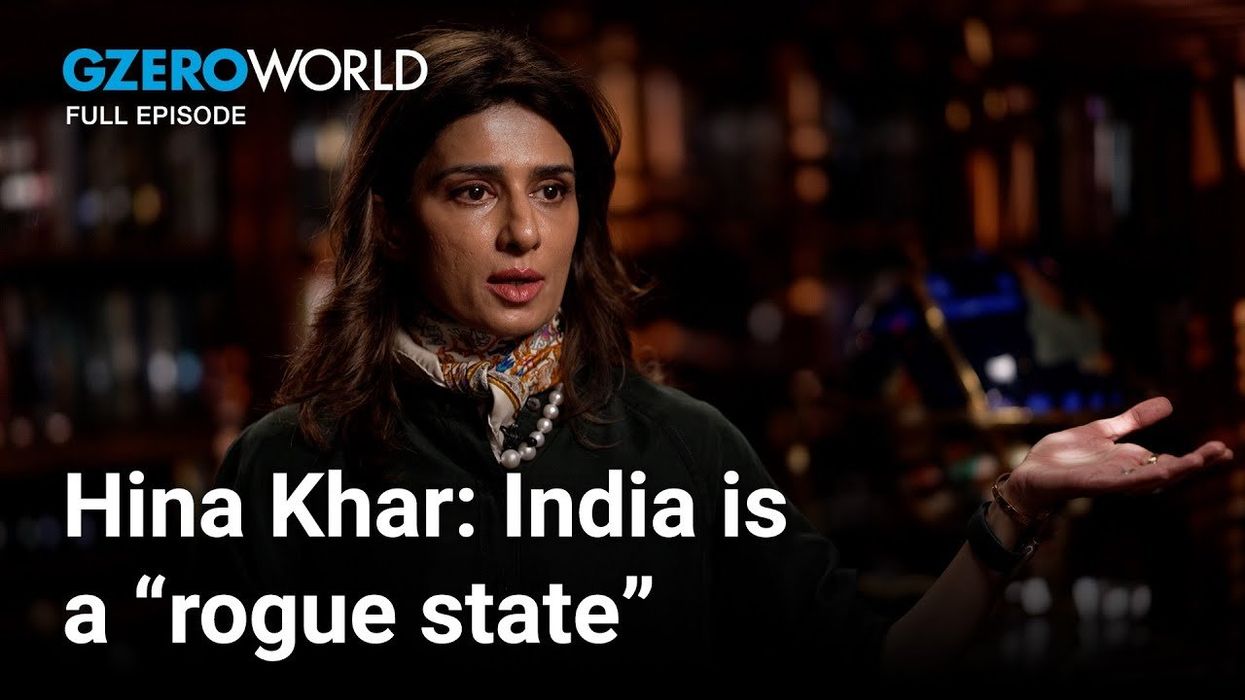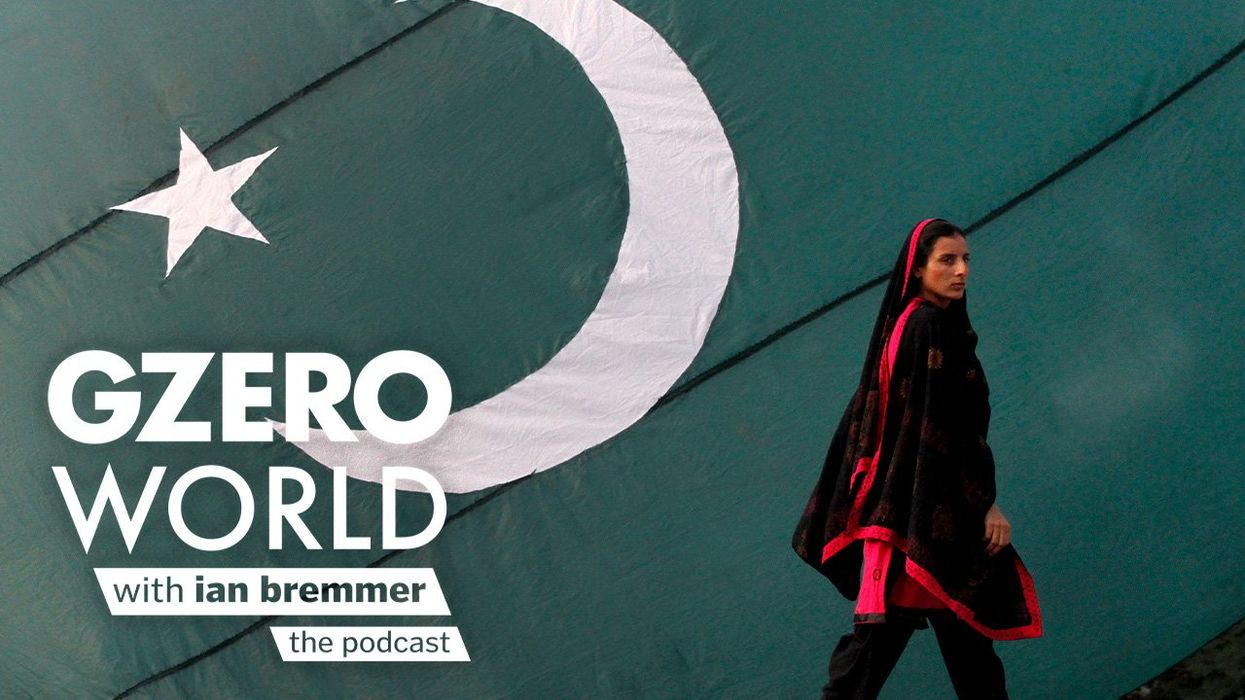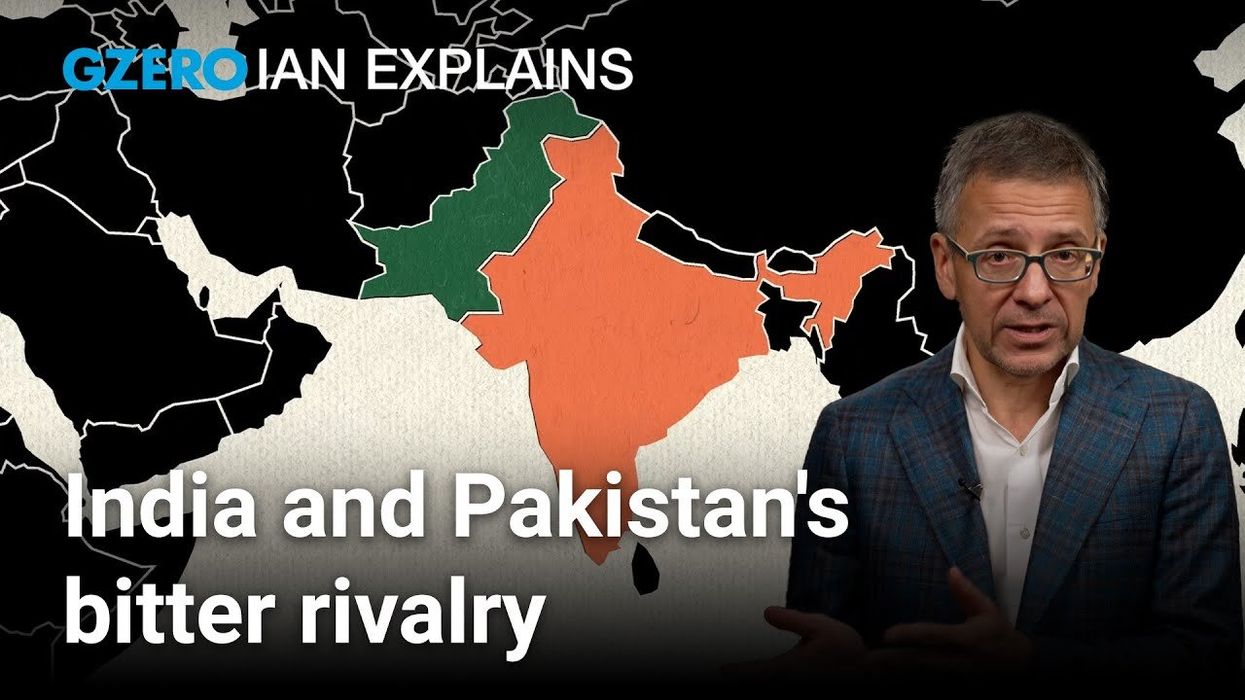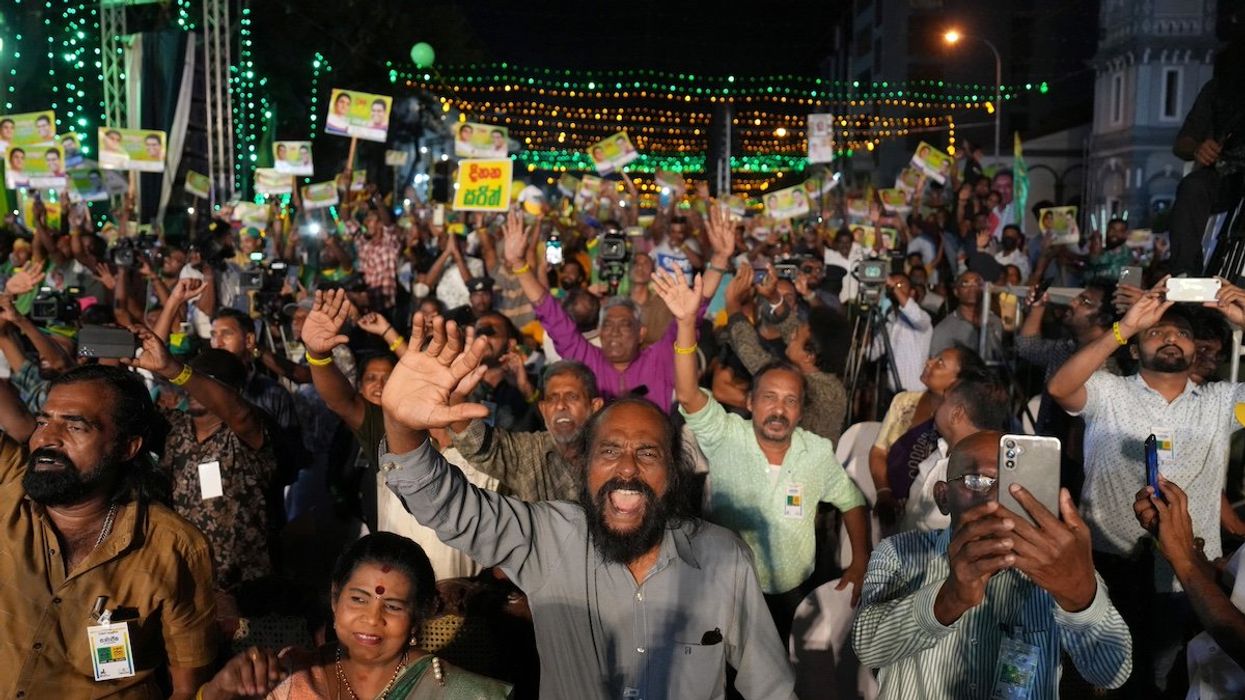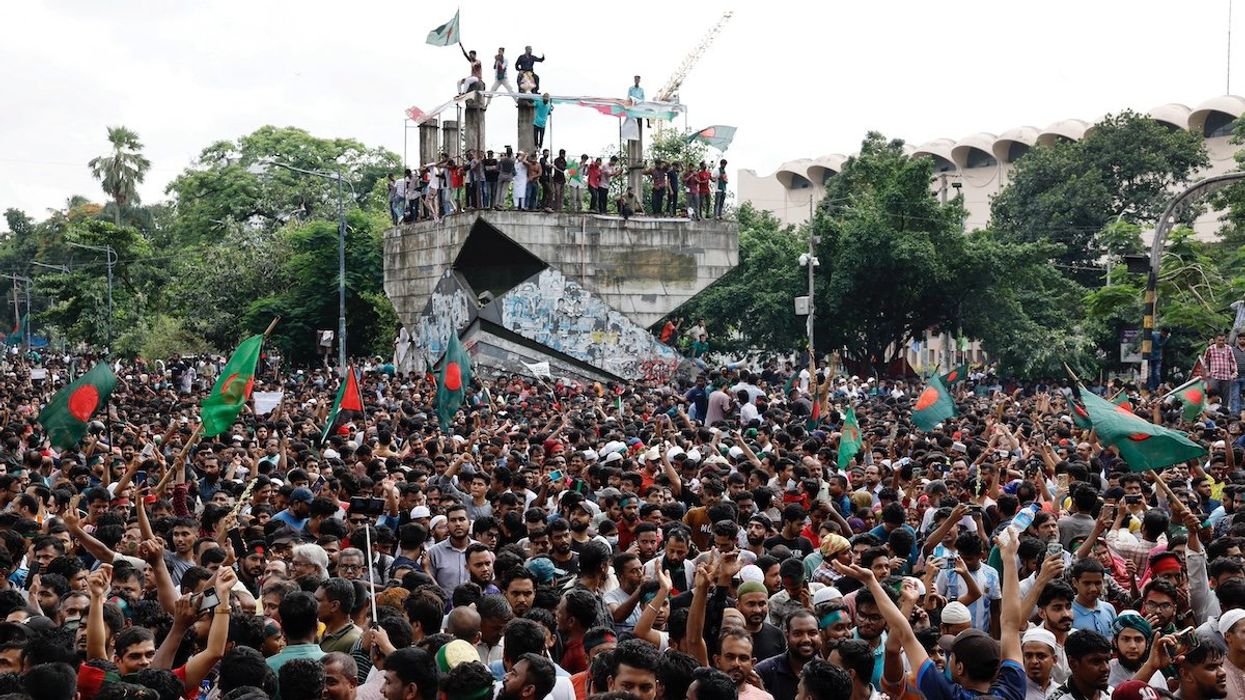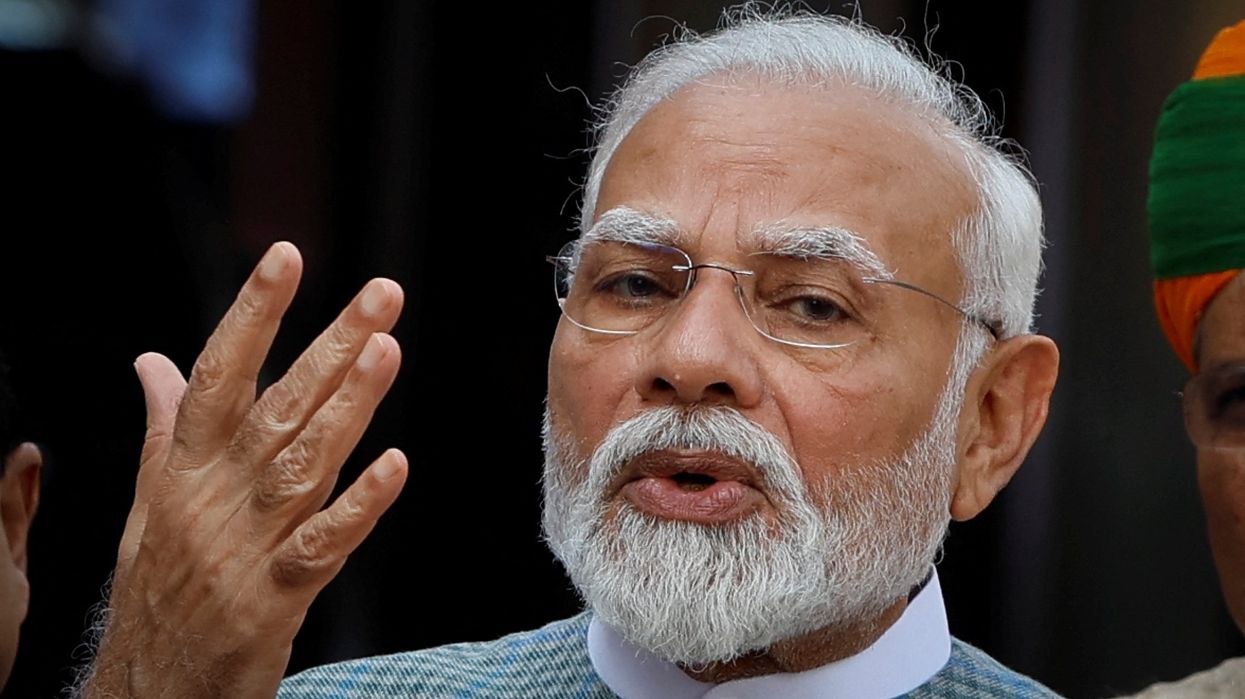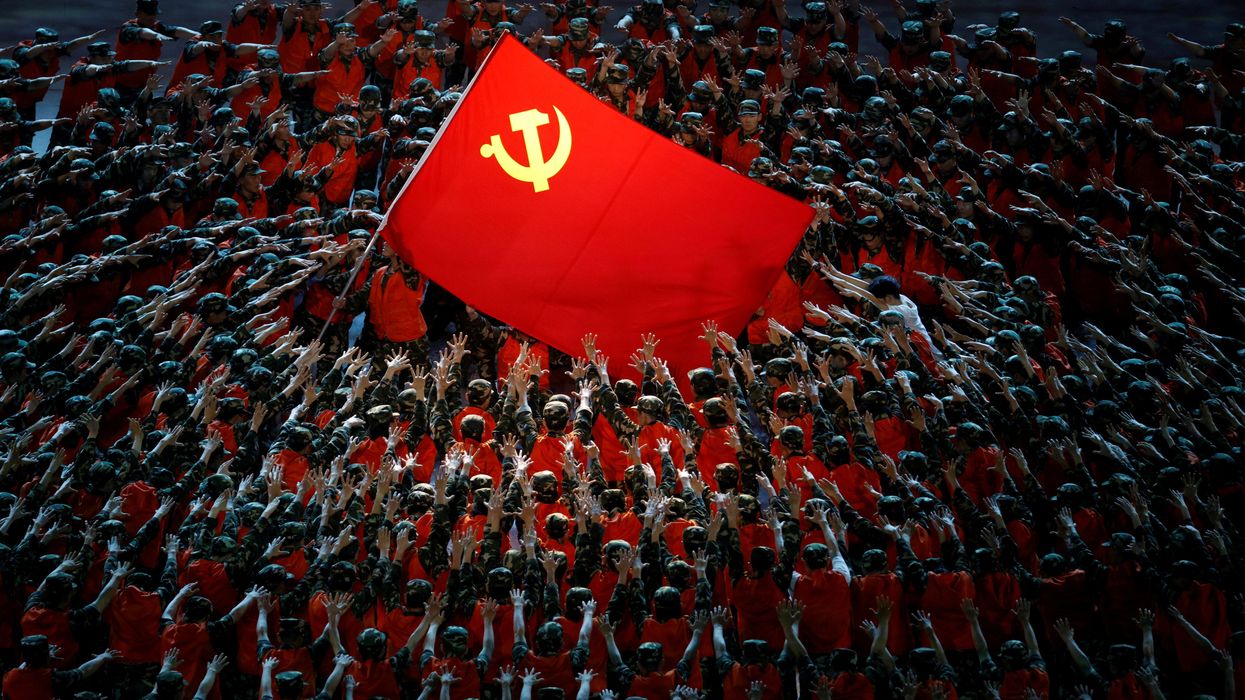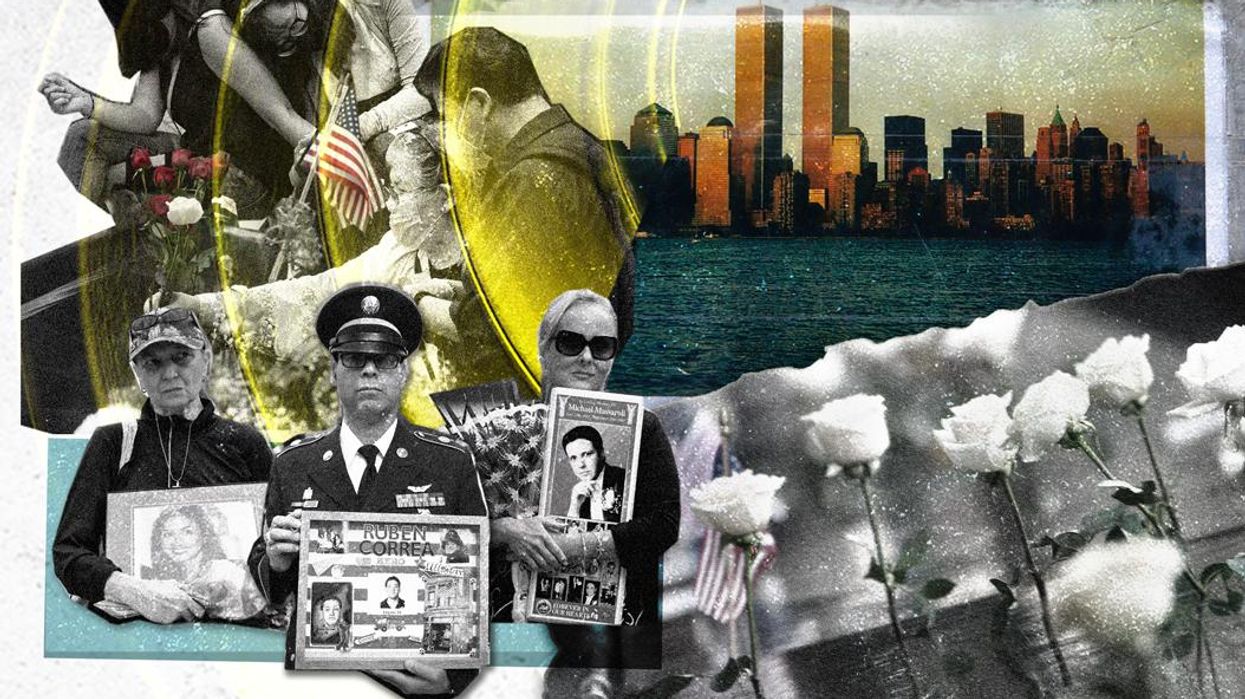Hard Numbers
Hard Numbers: Floods provide test India-Pakistan relations, Signs of Orthodox discontent over Israel, France returns Malagsy king’s remains, & More
150,000: Pakistan has evacuated at least 150,000 people from areas around three rivers of the Punjab province. Flooding risks are driving the evacuations, as monsoon rains continue to batter large portions of South Asia.
Aug 26, 2025
